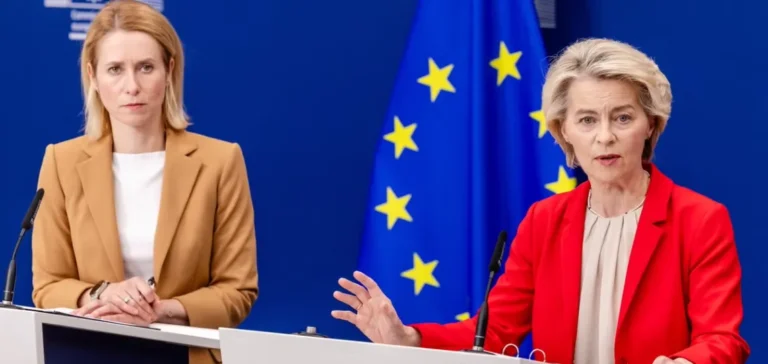Negotiations around capping Russian oil prices continue to raise many questions within the European Union (EU). The initial proposal aimed at reducing the current ceiling from $60 to $45 per barrel faces an apparent lack of unanimous support among Group of Seven (G7) members. While the EU had considered this measure as an integral part of its upcoming sanctions package against Russia, internal disagreements are now slowing down its adoption. Several European diplomats indicate that the issue of international unity dominates current discussions, though no definitive decision has been reached.
The G7 Unanimity Challenge
During a recent meeting of the EU’s Committee of Permanent Representatives (COREPER), several member states expressed concern over the need to act in coordination with key economic partners. The initial objective of the measure was to increase economic pressure on Russia, already targeted by numerous Western sanctions. However, the United States remains reluctant to implement such a significant price cap reduction, potentially concerned about repercussions for global market stability. Nonetheless, the United Kingdom and the European Union are exploring the possibility of independent action if G7 consensus fails to materialize.
Economic and Energy Implications
The proposal to reduce the price cap to $45 per barrel could directly impact global oil trade flows. Currently set at $60, the price cap limits Russian oil revenues while avoiding major disruptions to international markets. A threshold of $45 would likely result in a significant reorientation of trade flows toward other markets, particularly in Asia, where demand remains robust despite global economic constraints. Moreover, such a measure could push Russia to strengthen alternative trading strategies already in place to circumvent existing sanctions.
Other Measures Envisaged by the EU
Additionally, the EU’s eighteenth sanctions package against Russia includes other significant measures independent of the oil price cap issue. Among these is a total ban on European transactions related to the Nord Stream pipeline, already halted since the previous year. The EU also aims to blacklist 77 oil tankers involved in transporting Russian oil beyond the previously set cap and fully exclude 22 additional Russian banks from the European financial system. These measures aim to further restrict Russia’s access to dual-use technologies and limit its financial capabilities.
The debate within the EU remains intense and complex, and the final stance on the Russian oil price cap could represent a significant turning point in European sanctions policy. Oil markets, attentive to each announcement, await further clarification on upcoming decisions.






















